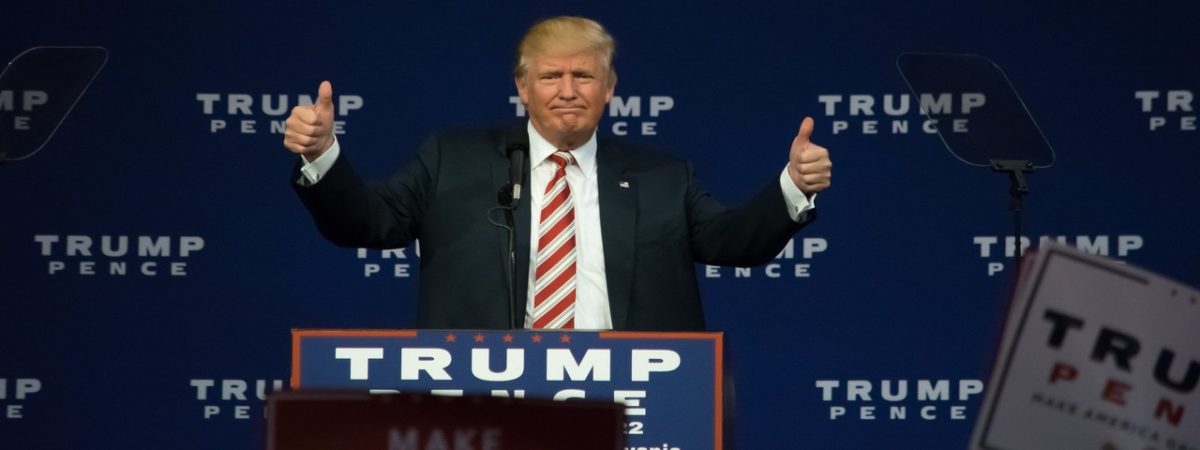Tariff walls and trade wars equal government planning (Part 3)
SUGGESTED



China’s Drive for National and Global “Greatness”
In the case of China, President Xi Jinping rules over a Communist Party and a political dictatorship that rejects the very notion of individual freedom and a free-market economy. China is a peculiar mix of State enterprises and private businesses (great and small) all of which are overseen, directed, and controlled by the central planning purposes of the Party leadership. President Xi is busy making China “great” again on the global stage, economically, politically, and culturally. He seems to reflect one of the most dangerous forms of power-lusters: one who works his way to the top of the political machine, but not only due to personal ambition, alone. He apparently is infected with the same hubris virus as many other social engineers.
He is determined to control the development of China to leave the legacy of having made his country into the great world power by the end of the 21st century. He commands the building of military bases on reefs in the South China Sea as one of the steppingstones to making China a great naval power; he has his government negotiate strings of military bases in other countries (like the great imperial powers of the past); and uses the financial resources of the Chinese government’s coffers to bribe foreign governments in underdeveloped countries to give China exclusive 99-year leases to pockets of “vital” resources and raw materials. And he uses those government funds to set up cultural centres around the world to influence other peoples to an appreciation of the “superiority” of China’s culture and political system. Buying into the Marxist caricature of “capitalist imperialist policies,” President Xi now uses it as a playbook to centrally design China’s policies toward the rest of the world. And this includes the planning and direction of China’s domestic economic development and interrelationships around the globe.
The United States government cannot directly dictate the choices of the Communist Party of China, and President Xi, in particular, as he continues to elevate himself into the “good” and new Chairman Mao of unlimited power. Any attempt to do so, as is clear from President Trump’s trade war threats, is for the U.S. government to merely extend and intensify its own “central planning” over the American people.
Lessons from the Free Trade Movement of the Past
When the British free trade movement succeeded in ending virtually the entire network of protectionist and restrictionist policies in the 1840s, they did so by advocating a policy of unilateral freedom of trade. They wished, first of all, to free the people of Great Britain from the follies of government social engineering and control. If other countries chose to retain or introduce misguided interventionist and regulatory and trade-hampering policies, their errors should not dictate the course followed by the British people.
They were confident that a truly free society unleashed and liberated from that heavy hand of government planning would bring forth the ingenuity, enterprise, and industriousness of the British people. Freedom and prosperity would follow if government got out of the way. And those 19th-century free-traders were confident that a demonstration of the benefits from wide personal and economic liberty would serve as an example for others to follow, without the British government attempting to twist the arm of any other people. (See my article “James Mill, David Ricardo, and the Triumph of Free Trade”.)
Unfortunately, Donald Trump and his economic policy entourage assume the opposite. They speak of private enterprise set free from a spider’s web of domestic regulations and burdensome taxes that limit industry and investment. But theirs is not a case for free enterprise. Instead, it is a private enterprise in which the president of the United States tells businessmen where and when to invest and hire workers, who decides what are the necessary industries for America to be “great,” and tries to dictate who, when, and under what terms Americans may buy from and sell to trading partners in other lands.
When President Trump says that Chinese President Xi is his “friend,” that is truer than he likely implies. Because both, in his own way and his own vision of his respective country’s “greatness,” are proponents of central planning with the interests of the State taking precedence over the liberty and peaceful choices of their citizens.
This article was first published by the Foundation for Economic Education (FEE).



